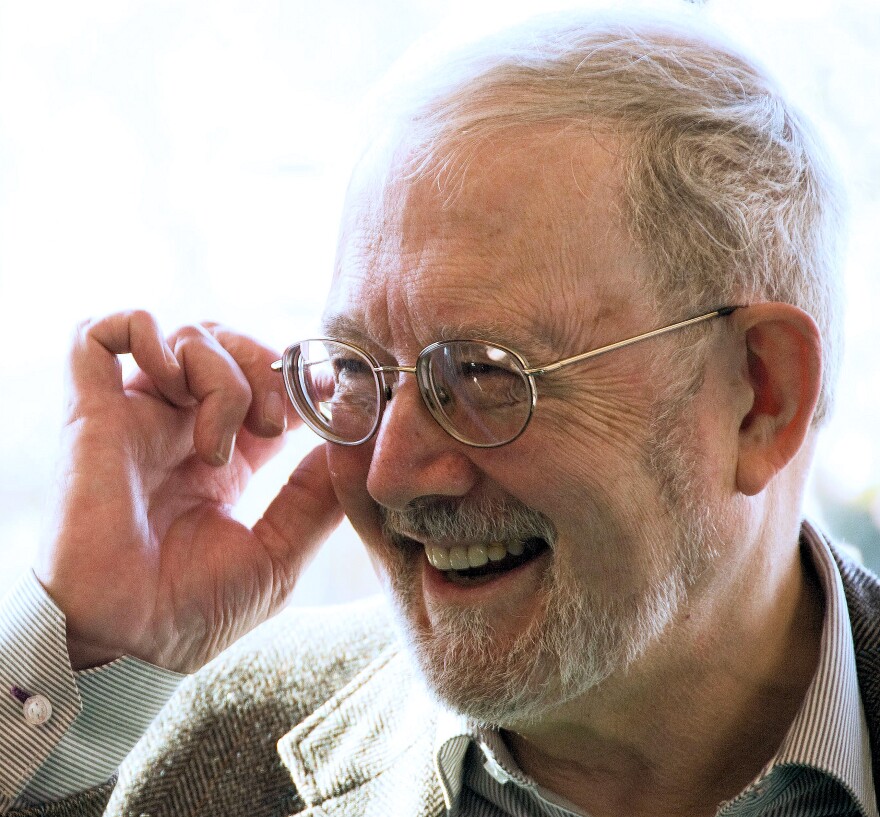Proverbial wisdom tells us that it is more blessed to give than to receive. But this doesn't make much sense. When it comes to gifts most of us would much prefer to be on the receiving side. Gift giving is so complicated. It may be good for the soul but it involves shopping, choosing, paying for and wrapping your choice, and standing in line at the post office, and hoping you haven't made a dreadful mistake. A single gift can take hours to accomplish, which is why some people start buying them in January.
The internet has made gift giving much easier. You can lie on the couch with your mobile device and have gifts sent directly to everyone on your list without stirring more than a couple of fingers. But then the recipient knows by the packaging that you haven't made any real effort, you haven't suffered in the stores or waited in line at the post office, and this takes something away from the impact of the gift. We can't say "You shouldn't have taken all that trouble" when we know that absolutely no trouble was taken.
Almost every culture in the world has a system of gift exchange. Anything can be a gift: seashells, brides, animals, and even intangible things like prayers or blessings. There's the Native American Potlatch ceremony, the Kula ritual in New Guinea, and of course, the greatest gift-giving jamboree of all, Christmas, symbolized by the bountiful figure of Saint Nicholas, the patron saint of pawnbrokers, a.k.a. Santa Claus, or Father Christmas. Whatever his real name is, he has no grasp of basic economics. He just gives stuff away. This is exactly the kind of free handout program that gives Republicans hypertension.
There are basically two schools of anthropological thought about the habit of gift-giving. The more traditional view - let's call it the conservative theory with a small "c" - suggests that we give in order to get. Gifts are just a way of putting people under an obligation. I will give you these red feathers if you will take the evil spirit out of my best pig. I will give you this gigantic campaign contribution if you will arrange certain legislative benefits for my corporation. I will give you the toys you want if you will stop whining and behave yourself when grandma comes.
The kinder, gentler theory of gift giving - the wishy-washy liberal or socialistic theory - argues that it's not self-interest at all, but a kind of voluntary exchange that keeps society in balance. Gifts are recognition that we're all connected, and we all owe something to one another.
The wishy-washy liberal theory is more heartwarming. But, during the Holiday season, greed and self-interest are more apparent than gratitude and kindness. Gifts generate about $450 billion in retail trade at Christmas, or about $500 for the average family. It's become a form of universal mutual blackmail, which is a great pity.
A gift is a symbol of a relationship. Kindness is a gift. A kiss, or a smile, or even a telephone call can be a gift. Washing the dishes can be a gift. Love is the ultimate gift. It's not necessary to destroy the bank balance, and the credit balance, and the balance of power, just to give a gift, because there are so many wonderful gifts that money can't buy.
Copyright: David Bouchier


